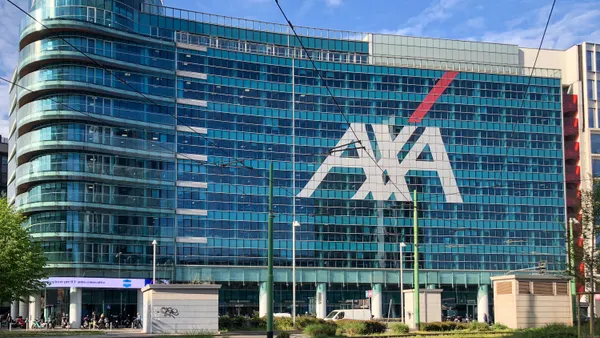Apple is pushing further into the enterprise, with a series of hardware and iWork software updates catering to the business consumer, from new iPad offerings to increased Pencil integration.
The company is carving a business niche with devices deployed in customer-facing settings. On-the-go workers can use Apple products in sectors like retail or restaurants, taking orders or conducting point of sale transactions.
Healthcare has also taken to Apple products as an alternative for clunky mobile workstations, using an iPad to offload work when appropriate. It especially caters to a fast-moving environment like a hospital.
A few years ago, Ochsner Health System began using iPads with doctors, complete with up-to-date reference apps and allowing users to take a device out of their pocket to offload some work when appropriate, said Dr. Richard Milani, chief clinical transformational office for Ochsner Health System, in an interview with CIO Dive. The devices also had healthcare technology system Epic's iOS app called Canto.
Ochsner also canvassed physicians to see what kind of tools they used and made sure they could access them when between workstations.
Apple has also found a home in back-end office operations. IBM has close to 300,000 Apple devices deployed; SAP has over 100,00 Apple units between iPhones, iPads and Macs.
Though industry traditionally thinks of Apple as a consumer brand, the company has worked for years to make inroads in the enterprise. Part of its push is in inking deals with big name enterprise vendors and creating business application offerings compatible with iOS.
Tools like mobile device manager alleviate IT hurdles and allow departments to deploy Macs or iOS devices in bulk, rather than requiring an individual device set (a nuisance when an organization is deploying thousands of Apple devices). Security introduced at the hardware level of devices also helps court enterprise attention.
Most IT organizations see iOS as the most secure mobile platform, said Annette Zimmermann, VP analyst at Gartner, in an email to CIO Dive.
Has Apple done enough for industry to consider it a true enterprise offering?
The iPhone is either No. 1 or 2 in terms in terms of market share depending on the market, in competition with Samsung for the top spot, according to Zimmermann. Apple iPad is the leading tablet for consumers and enterprises.
"Apple doesn't have the same level of enterprise support as all the big system providers but I would say it has improved over time," Zimmermann said. "Apple has many initiatives regarding enterprise app developments and partnerships with large business software companies like Salesforce, but hardware is still an important aspect of the enterprise strategy."














